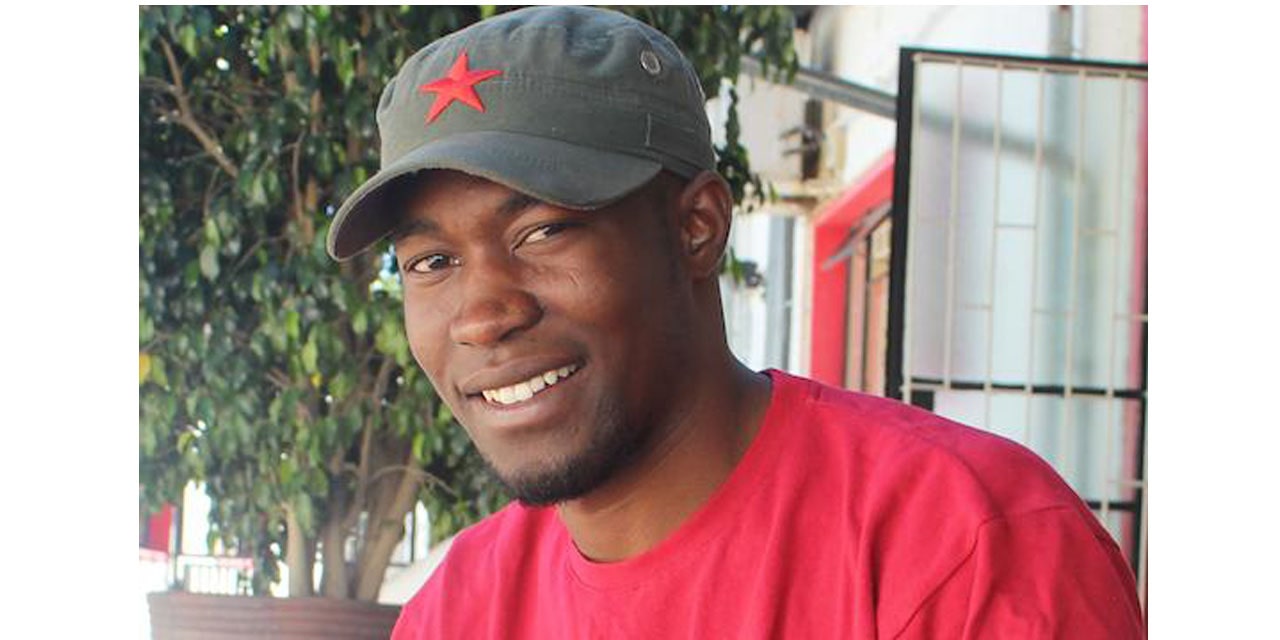Martin Endjala
The Affirmative Reposition (AR) representatives had a field day with the National Assembly Standing Committee on Natural Resources today as they presented a proposed amendment bill on foreign ownership of land in Namibia.
It is the first time a political party or a civil society organization succeeds to inititate a full proposed law to the legislature.
The presentation today follows the recent delivery of a petition by AR to the Office of the Speaker of the National Assembly in which they demanded for the introduction of a law to control of foreign ownership of land in Namibia.
After the deliberations, the Committee promised that it would do a thorough study of the proposal and consult with all stakeholders before it reports back to the Affirmative Repositioning movement.
The proposed bill was submitted in April 2021 but due to the Covid-19 pandemic and associated lockdowns, a delay was experienced and it could only be attended to now, the Deputy Chairperson of the Standing Committee of Management of Natural Resources, Agnes Kafula apologised.
According to the AR representative and lawyer Maitjituavi Kavetu, the proposed draft bill entails strict provisions on foreign ownership of land in the country.
The AR in its proposal wants to prohibit foreign ownership of land in the country, with the provision that they can only own land by partnering with a Namibia person that will own 51 percent of the land, he added.
Kavetu also clarified that expatriates are not being stopped from investing in land, “the bill will also make provision on how they can utilize the land,” he added. AR leader Job Amupanda told the gathering that he was surprised by his research findings from data he obtained from the Ministry of Urban and Rural Development and the Namibia Statistic Agency.
According to the statistics 27 percent of land is owned by white settlers and 14 percent by the government, translating into only five million hectares of land.
Surprisingly, 61 percent of land is owned by churches, Amupanda revealed.
“I did not know that we had churches that owned land in Namibia, they
[churches] must be owned by foreigners,” he said.
Amupanda told the committee that the ownership of land by foreign nationals is the ”cause of laughable insane high prices on houses,
especially in urban areas”.
Saying the struggle was about land, Amupanda hypothetically said that he cannot comprehend why land ”does not belong to us”.
Kavetu touched on home loans from banks saying that the payment termv should be shortened to make the total repayment figure lower.
Mike Kavekotora, a member of the standing committee, pointed out that the general land issue and what the bill aims to achieve, are part of the portions of the whole land issue and that ample time is needed to do justice to the pertinent petition that is long overdue.
However, Amupanda quickly retorted saying the government is faced by the land challenge because of Article 16 in the first place, adding that even President Geingob stated in an address last week that some land laws need amending and this is what the bill is aiming to achieve.
Therefore, “we are here to seek guidance from you as the legislative governing body and the issue of political interest and self-interest, is not an issue, because when you make considerations to the NA, you will be doing it as a legislature and not as a political party”, Amupanda stressed.
The AR legal representative, Kavetu argued that the standing committee should consider applying Article 79 that challenges Article 16, pointing out that Article 79 permits the Attorney General to approach the Supreme Court, if there are any concerns on provisions within the Constitution.
The standing committee also apologized for the delays in conducting a hearing and all other processes that must be attended to, stating that it will take time to deliberate as they often do with all bills and petitions that are brought before them.
The chairperson of the standing committee, Agnes Kafula concurred with Amupanda that the struggle was indeed over land and if you do not honor the struggle, it is not worth being in the struggle.
The standing committee will go and conduct thorough study of the proposed bill with stakeholders and give recommendations to the National Assembly as well as feedback to the AR on the matter.




